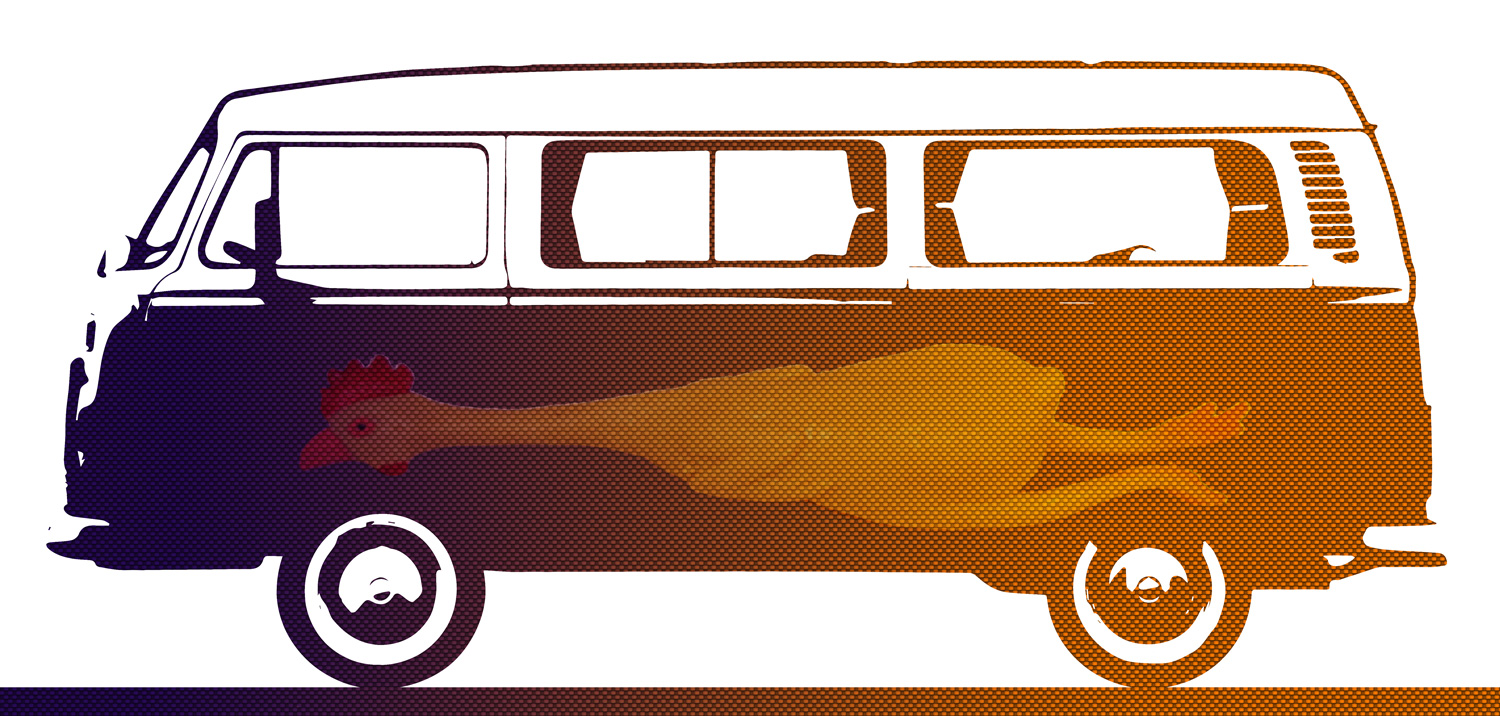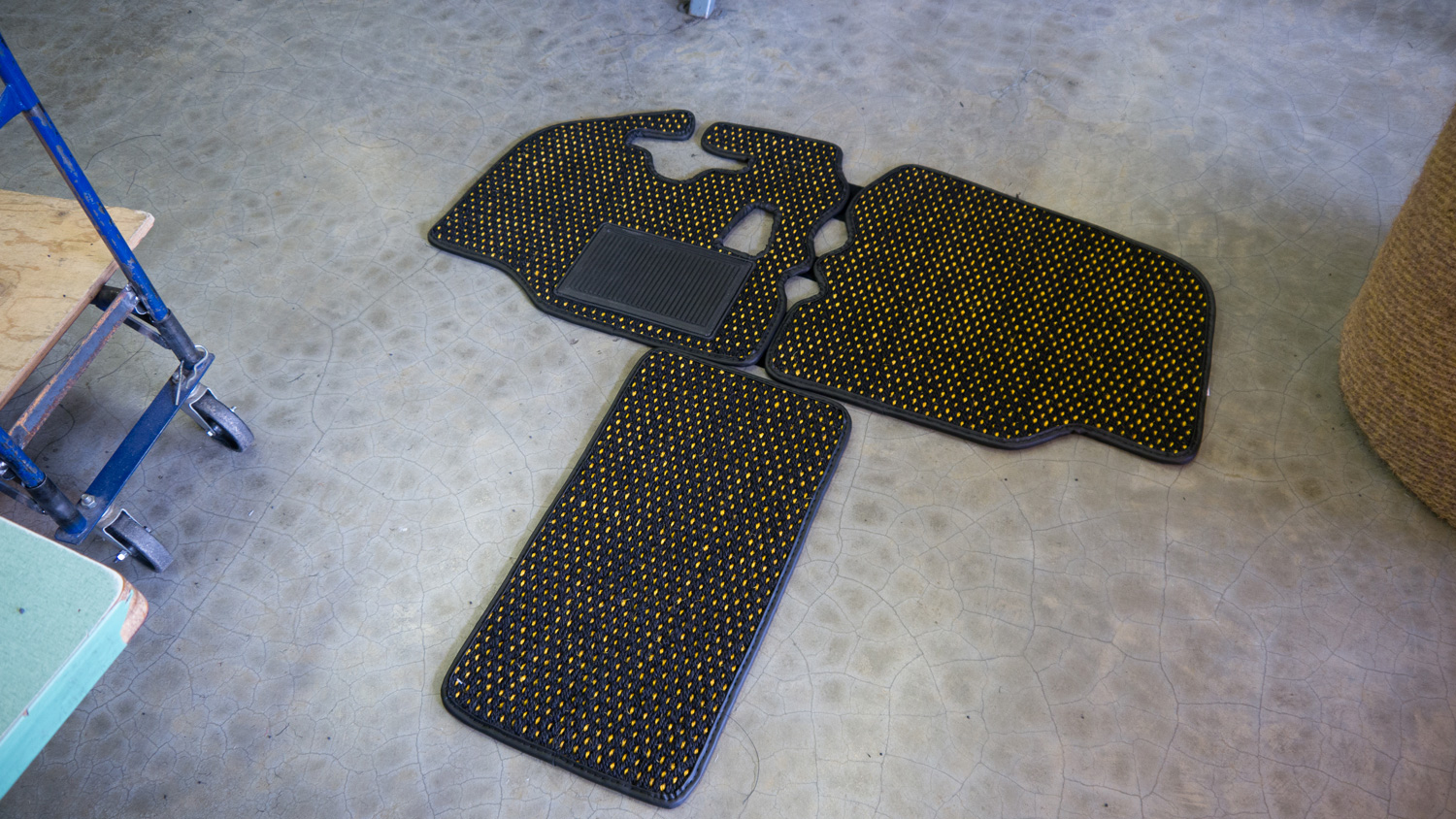 Loading... Please wait...
Loading... Please wait...
Why did the Chicken cross the Type 2?
Posted on 31st Jul 2017

Apparently we are a VW minibus family.
I always pictured myself as a four-wheel-drive rock crawler or European race driver, but my sister and my dad think otherwise. Our clan is rather quirky and irreverent, and to this point, they bought my son a kids battery-powered VW Type 2 for Christmas last year and forever cemented his hippie status. Unlike the Power Wheels that kids of my sister's generation drove, this thing has working doors and lights, a 3mm audio jack and speakers to hook up an iPod, and a battery charge that lasts longer than ten minutes. My son calls it his “firetruck” because it's red and white, and probably also because 3-year-olds have no point of reference for the '60s and '70s. To my sister's credit, the little girl down the street has totally ditched the kid with the toy Escalade and hitched her wagon to my boy.

I decided that since my self-perception is in no way aligned with how my family sees me, I should do a bit more research about the van that has inspired so much adoration. In doing so, I gained a bit of insight into the weird world of trade tariffs, and how politics and industry result in some very strange policies.
My prior experience with the Type 2 is limited to rock songs, classic movies, and the stories my mom told me about the dangers of high school boys with shag carpeting and beanbag chairs in the backs of their vans. Given their popularity, one would assume that VWs would be far more common, at least among the classic collector crowd. However, they are exceedingly rare, and the reason has to do with something called the US Chicken Tax.
Walter Reuther was the leader of the United Automobile Workers union during the mid-20 th century and is credited with building the UAW into the powerful force that it is today. In 1964, he convinced President Lyndon B. Johnson to impose a 25% tax on imports of a number of goods from France and West Germany, including potato starch, brandy, and light trucks in response to a tariff placed on American Chickens.
Reuther targeted Volkswagen specifically because the Type 2 had made a significant dent in the US van and pickup truck market thanks to its cost, versatility, and ease of customization, as well as the boom in German auto manufacturing after WWII. The heavy tax ensured that the Type 2 was almost completely eliminated from the American market, and in stemming its importation, Reuther quelled a UAW strike that had threatened President Johnson's election. Most surprisingly of all, the Chicken Tax is still in effect to this day.
Why does any of this matter? It doesn't really. But now you can tell everyone why the VW minibus is such a collector's item, and if the topic of international trade sanctions comes up at a dinner party, you have a nugget of history to impress your friends, and a bit of insight into how and why politicians impose the policies that they do. Now, I'm going to call my sister and find out if she paid the 25% tax on my boys Type 2, or if he really is driving “hot wheels.”
-Trey Fennell

Coco Mats VW Minibus #52 Black & Yellow


